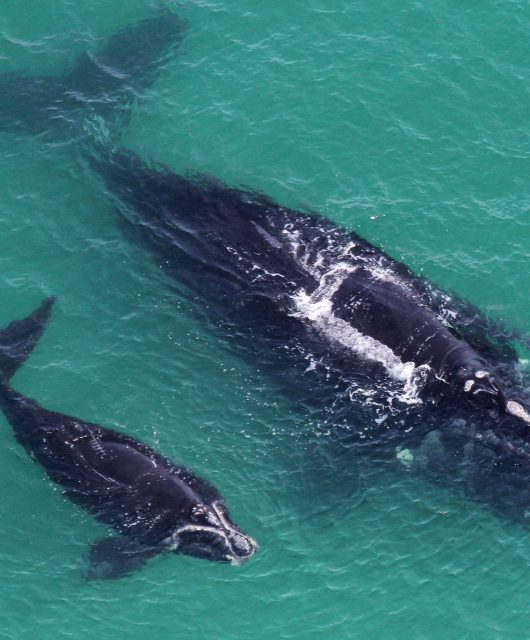Disease can spread from one species to another relatively easily via open-pen finfish aquaculture (OPFA).
Many species of fish, shellfish and seaweed are raised for consumption through aquaculture, but Atlantic salmon species are the most common. When raised within net pens or cages that are open to the natural environment, so many issues can arise, including the spread of disease and parasites.
Farmed fish are a source of disease to wild populations whether or not they escape their pens because they are held in artificially high density. Plus it’s incredibly easy to transmit pathogens through open pens. Some of the diseases that have been found in OPFA operations include bacterial kidney disease, infectious haematopoietic necrosis, infectious salmon anaemia and viral hemorrhagic septicemia.
They can also spread sea lice to wild salmon populations. Sea lice are parasitic copepods that feed on the skin, mucous and blood of fish that can cause morbidity and even mortality in some populations of salmon.
Will you help our waterways today?


